Israel’s deterrence power against Hezbollah dramatically eroding: Israeli think tank
An Israeli think tank says the regime’s deterrence vis-à-vis Lebanon’s Hezbollah and its partners in the resistance front is drastically nosediving.
The Institute for National Security Studies, affiliated with Tel Aviv University, said the recent operations and retaliatory rocket attacks by resistance fighters against Israel, compounded by an internal crisis gripping the occupying entity, expose “cracks” in the Israeli deterrence against Hezbollah.
“Recent events indicate that Israel’s deterrence vis-à-vis Hezbollah and its partners in the axis of resistance is eroding,” it added.
“Under these circumstances, Israel’s political leadership must launch a deep and thorough discussion with the security establishment in order to formulate a strategy for bolstering deterrence with Hezbollah, which is the vanguard of the broader axis, and which currently poses the greatest conventional threat to Israeli security.”
The INSS also enumerated Hezbollah’s accomplishments over the past two years, including a scale-back in Israeli strikes violating Lebanon’s airspace, the expanded presence of resistance fighters along the border with the occupied territories and the 2022 maritime agreement between Israel and Lebanon which Hezbollah Secretary General Sayyed Hassan Nasrallah described as a victory for Hezbollah.
Hezbollah “is working tirelessly to improve the rules of the game within the framework of the deterrence equation that has evolved in the aftermath of the Second Lebanon War,” it said.
Hezbollah fought off two Israeli wars against Lebanon in 2000 and 2006, forcing a humiliating retreat upon the Tel Aviv regime’s military in both cases. The resistance movement has vowed to resolutely defend Lebanon in case of any other Israeli-imposed warfare.
The Israeli think tank further said that the Tel Aviv regime faces “a complex challenge” of how to bolster its deterrence against resistance groups, without escalating the situation and risking all-out war.
Last month, Israeli minister for military affairs Yoav Gallant warned that the regime would likely no longer see limited conflicts on single fronts, but rather a multi-front escalation.
“We operated for years under the assumption that limited conflicts could be managed, but that is a phenomenon that is disappearing. Today, there is a noticeable phenomenon of the convergence of the arenas,” Gallant said.
D-8’s role in Iran’s economy after Cairo summit
China slams US as ‘war-addicted’ threat to global security
China ‘firmly opposes’ US military aid to Taiwan
VIDEO | Press TV's News Headlines
President Yoon Suk Yeol to be removed from office
At least 19 Gazans killed by Israeli airstrikes since dawn: Medics
Leader: Iran neither has nor needs proxy forces
US fighter aircraft shot down ‘in friendly fire’ amid aggression on Yemen


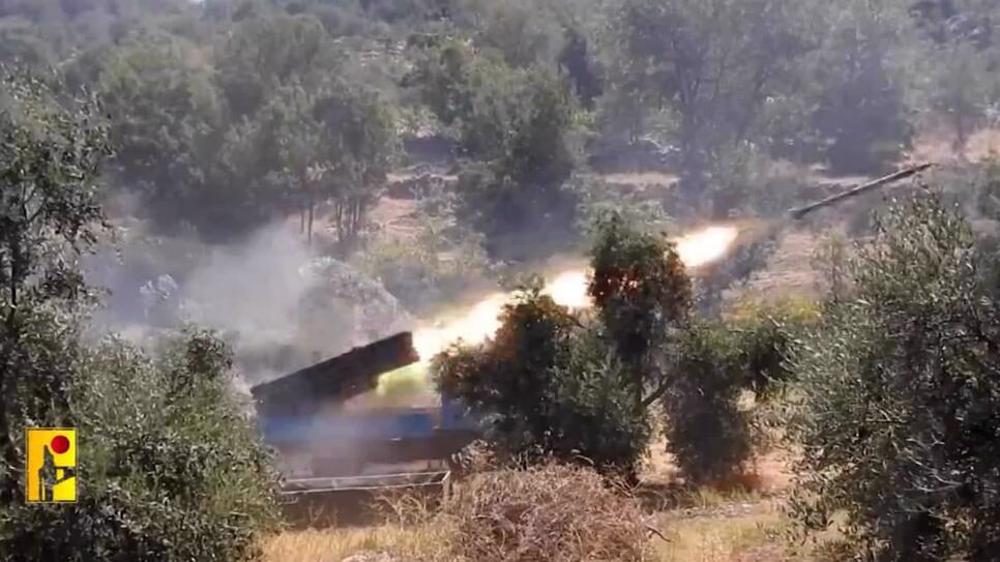
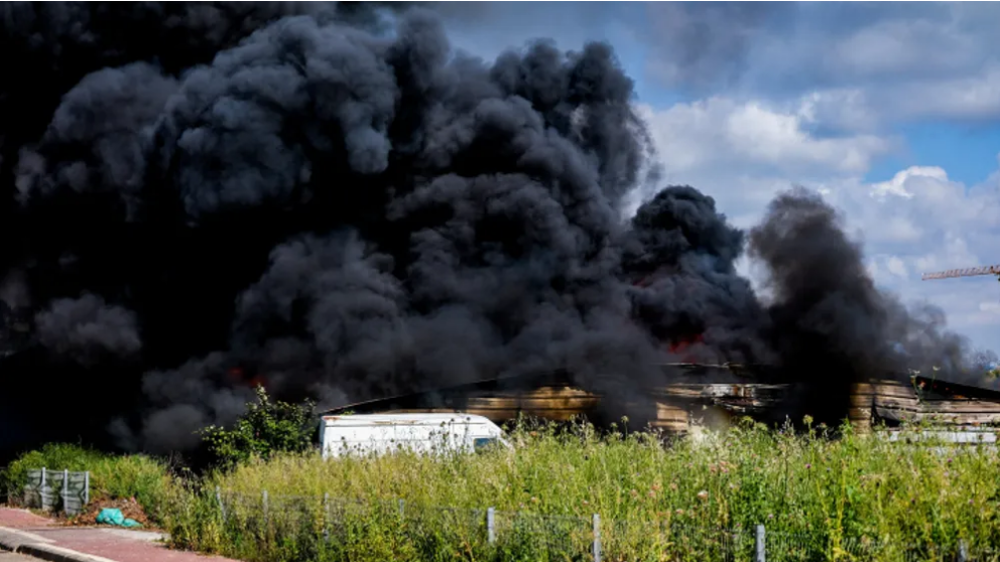
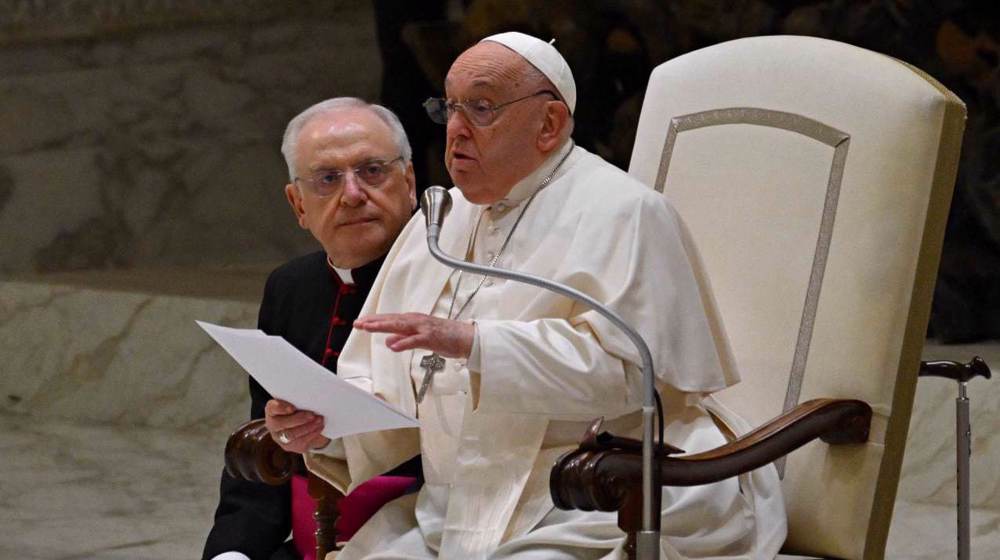

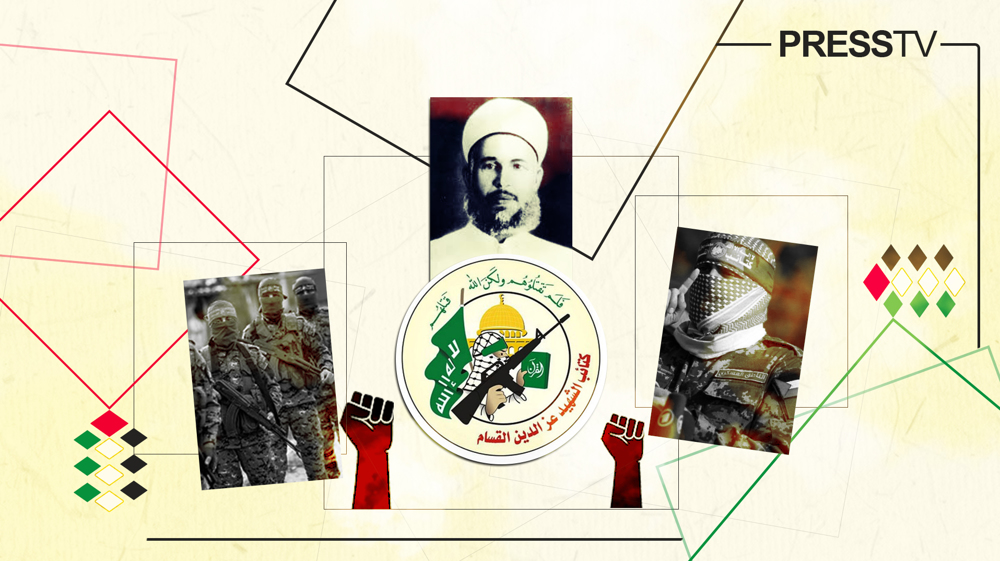



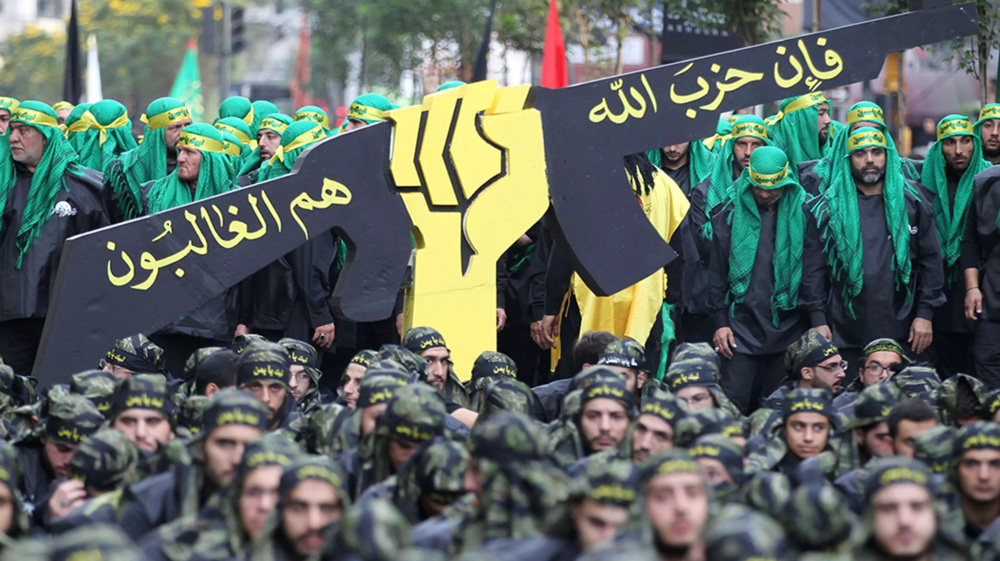
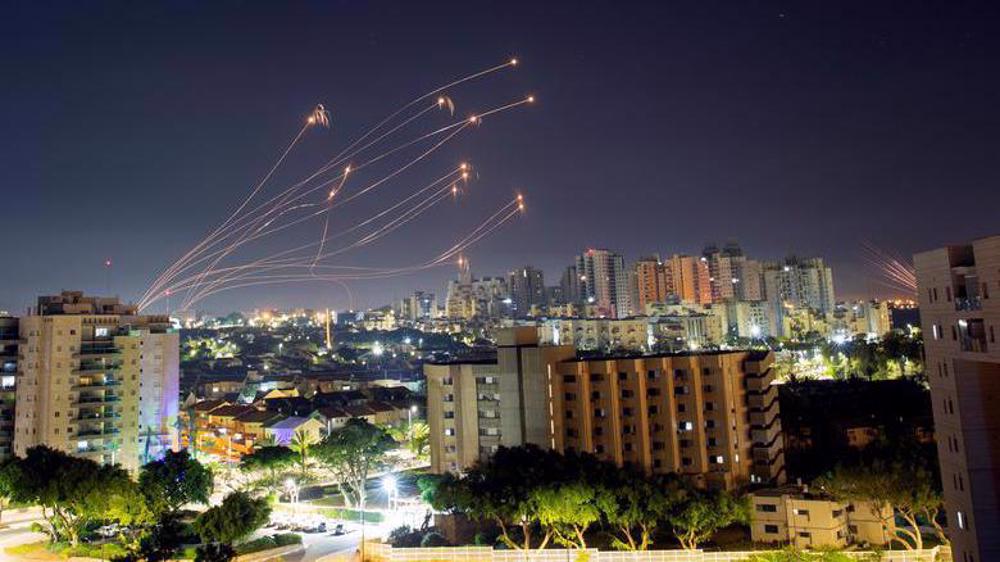
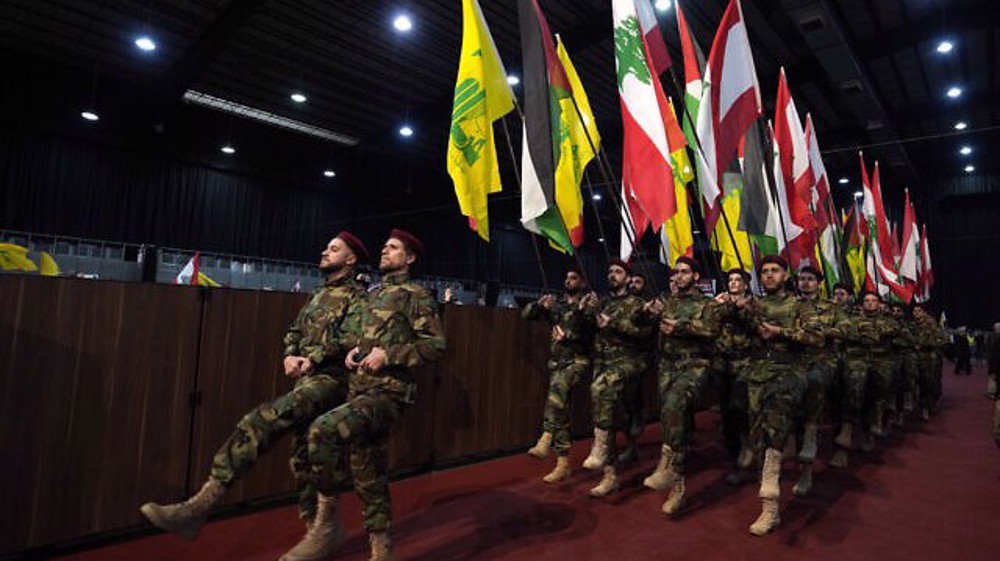
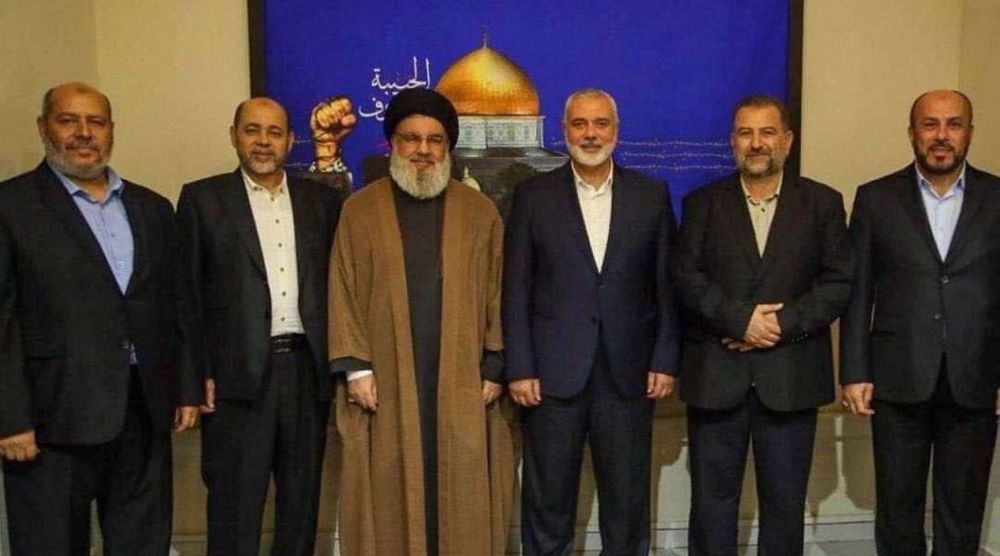
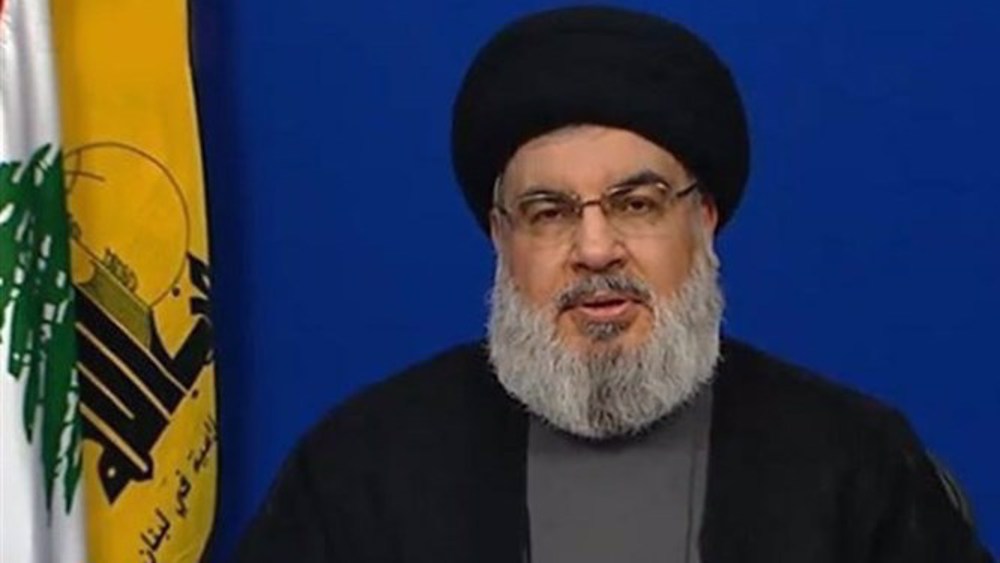

 This makes it easy to access the Press TV website
This makes it easy to access the Press TV website